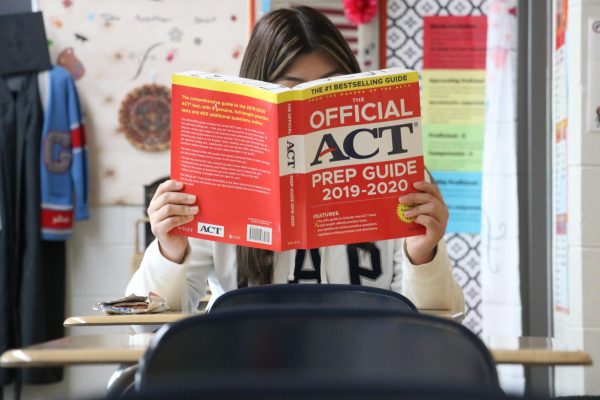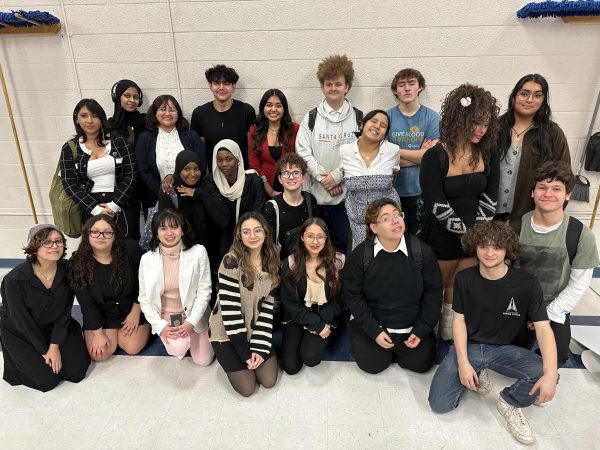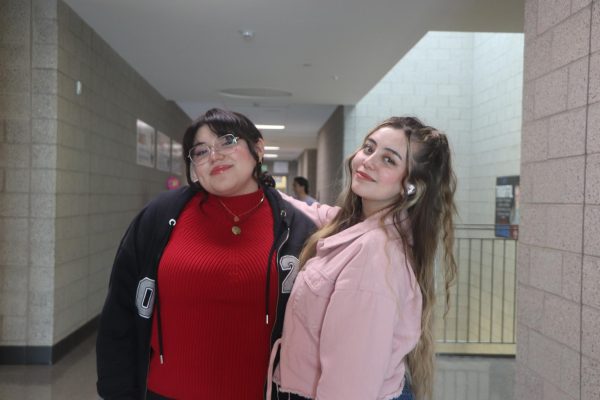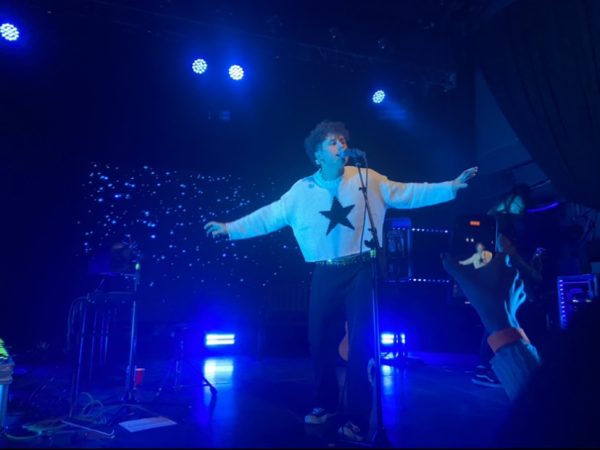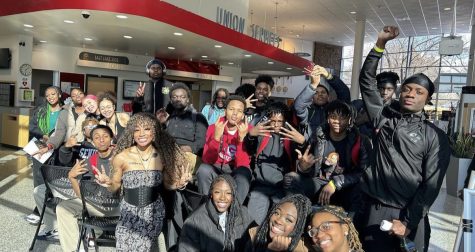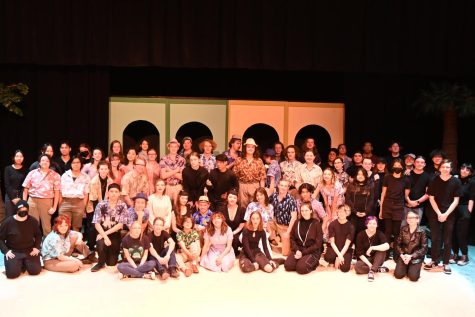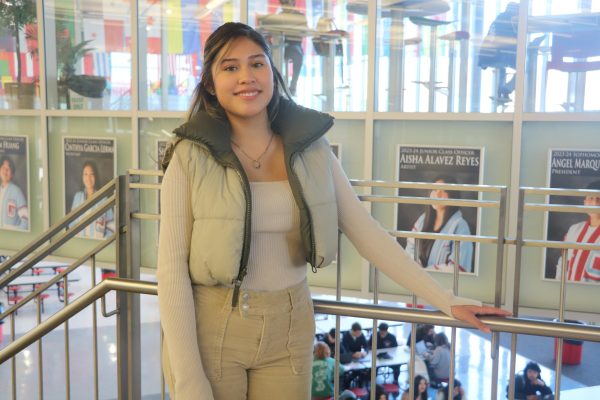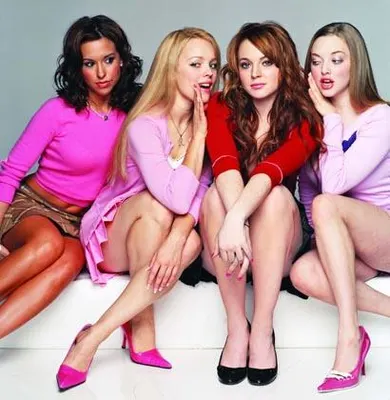Granger Lancers participate in politics
POLITICS is a worldwide phenomenon that has recently been a strong topic of interest among adolescents. The current elections have conjured much debate within the media, leading to a range of opinions in high school and college students, many of which are students at Granger High School.
“Kids in my classes do show strong interest in politics, and there are others who don’t. However, it is still extremely important for anyone to understand and acknowledge the world of politics. They are the central focus, and the outcome of the elections will dictate their upcoming future,” Ms. Robinson, a government teacher, said.
“Right now, most of our leaders are not only making decisions for today, but also for many years down the line. Their votes could harm you many years from now, as stated in a “Popular Teen” article. It is a vital necessity to interpret the visceral effect of being uneducated regarding the government.
Ms. Robinson stated “If they don’t understand how it works, taxes might be an issue and the cause of not acknowledging politics.”
“Even if you aren’t old enough to vote, you can write letters, protest in various ways, and join politically oriented clubs and groups, etc. if a law impacts you, you are entitled to offer your opinion.”
Students might perceive these elections a topic strictly for the older generations. However, the community needs to grasp that in order to shape future societies, even non-voting teens are in a position to voice their opinions.
“If we want kids to vote, to be engaged, we need to address them directly, hear their concerns, give them a reason to be engaged. This means honest, direct, adult-like conversations, not high speed ‘kid’ conversations,” Stephen Young, high school teacher and founder of Ontario’s Civics Education Network (CEN), said, according to the teachmag.com website.
There is an obvious inertia in voting with teens.
“[Civics education] means honest, direct, adult-like conversations,” Ms. Robinson said. “I think they get most excited once they understand how the system works and when they are aware that they do have a voice and they can have an effect on the system.”
“We did a huge poll, and the students came out predominantly liberal,” Ms. Robinson said.
Nelson Lotz (12) is an activist on the political spectrum, and he possesses strong views towards parties and candidates. Bernie Sanders, Lotz’s preferred candidate, was not able to carry on with his presidential run after losing the nomination to Sec. Hillary Clinton. “I was not appalled Bernie Sanders wasn’t able to win,” he said.
Lotz does lean toward a liberal standpoint, which is the most common standpoint at Granger and possibly in this generation. He disagrees with the Second Amendment and believes that the laws should be enforced. He prefers a trustworthy, socialistic economy and takes a stand against many republican views.
“I believe this generation has pretty neutral opinions on both major political parties. However, this generation is definitely less conservative than past generations,” Lotz said. “I used to do organized campaigning in the sense that I knocked on doors at a few residents’ houses, but I haven’t done that in a while. I volunteer and post on Facebook in moderation as a form of campaigning, just talking to people about my beliefs. I’ve attended a few rallies, such as the one held when Bernie Sanders visited,” he said.
Overall, Lotz is very politically educated, and he enjoys politics much like others should. He sets an extremely important example to the students at Granger. “People in our generation need to be more involved in politics. If they’re fed up with politics, it’s their time to change it.”



